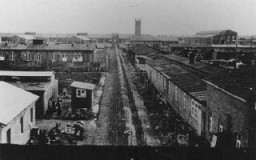You searched for: %E9%80%9A%E8%A8%8A%E9%8C%84%E4%BA%A4%E6%98%93%E5%B9%B3%E8%87%BA%E6%BA%90%E7%A2%BC%E9%96%8B%E7%99%BC%E3%80%90TG%E7%94%B5%E6%8A%A5%EF%BC%9A%40EK7676%E3%80%91%E5%B9%B3%E5%8F%B0%E5%8C%85%E7%BD%91%E6%90%AD%E5%BB%BA%E9%80%9A%E8%A8%8A%E9%8C%84%E4%BA%A4%E6%98%93%E5%B9%B3%E8%87%BA%E6%BA%90%E7%A2%BC%E9%96%8B%E7%99%BC%E3%80%90TG%E7%94%B5%E6%8A%A5%EF%BC%9A%40EK7676%E3%80%91%E5%B9%B3%E5%8F%B0%E5%8C%85%E7%BD%91%E6%90%AD%E5%BB%BAZyOvpglx3f
<< Previous | Displaying results 41-50 of 209 for "%E9%80%9A%E8%A8%8A%E9%8C%84%E4%BA%A4%E6%98%93%E5%B9%B3%E8%87%BA%E6%BA%90%E7%A2%BC%E9%96%8B%E7%99%BC%E3%80%90TG%E7%94%B5%E6%8A%A5%EF%BC%9A%40EK7676%E3%80%91%E5%B9%B3%E5%8F%B0%E5%8C%85%E7%BD%91%E6%90%AD%E5%BB%BA%E9%80%9A%E8%A8%8A%E9%8C%84%E4%BA%A4%E6%98%93%E5%B9%B3%E8%87%BA%E6%BA%90%E7%A2%BC%E9%96%8B%E7%99%BC%E3%80%90TG%E7%94%B5%E6%8A%A5%EF%BC%9A%40EK7676%E3%80%91%E5%B9%B3%E5%8F%B0%E5%8C%85%E7%BD%91%E6%90%AD%E5%BB%BAZyOvpglx3f" | Next >>
-
The Enabling Act
ArticleThe Enabling Act of March 1933 allowed the Reich government to issue laws without the consent of Germany’s parliament. It laid the foundation for the Nazification of German society.
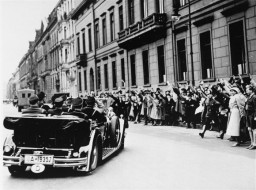
-
Maria Nemeth
ID CardMaria's parents lived in Szentes, a town in southeastern Hungary, located 30 miles from the city of Szeged. Her mother, Barbara, was born in the neighboring town of Hodmezovasarhely, but moved to Szentes when she married. Maria's father was a dentist. 1933-39: Maria was born in 1932. In 1937 her mother took in a young Austrian woman who lived with the family and helped Maria learn German. 1940-44: In March 1944 German troops occupied Hungary. Members of the Hungarian fascist party, Arrow Cross,…
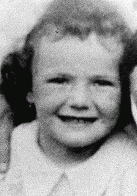
-
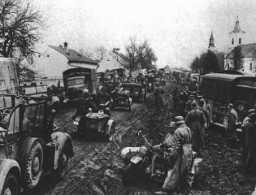
-
"Kristallnacht": nationwide pogrom
MapKristallnacht—literally, "Crystal Night"—is usually translated from German as the "Night of Broken Glass." It refers to the violent anti-Jewish pogrom of November 9 and 10, 1938. The pogrom occurred throughout Germany, which by then included both Austria and the Sudetenland region of Czechoslovakia. Hundreds of synagogues and Jewish institutions all over the German Reich were attacked, vandalized, looted, and destroyed. Many were set ablaze. Firemen were instructed to let the synagogues burn but to…

-
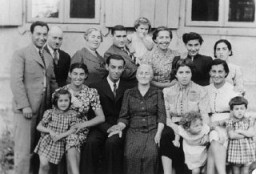
-
The Rwanda Genocide
ArticleFrom April to July 1994, extremist leaders of Rwanda’s Hutu majority directed a genocide against the country’s Tutsi minority. Learn more
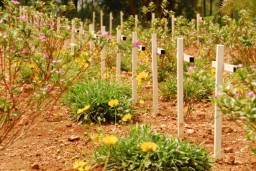
-
Abdol Hossein Sardari (1895–1981)
ArticleIranian diplomat Abdol Hossein Sardari gave critical assistance to Iranian Jews in occupied France (1940-1944) to protect them from Nazi persecution.
-
Fürstengrube
ArticleLearn about Fürstengrube subcamp of Auschwitz, including its establishment, administration, prisoner population, and forced labor and conditions in the camp.
-
The Weimar Republic
ArticleThe Weimar Republic was a liberal democratic republic founded in Germany in the aftermath of WWI. Learn about the era’s political and economic crises and social trends.
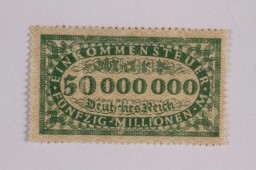
-
Neuengamme
ArticleIn 1938, the Nazis established Neuengamme concentration camp. Learn more about camp conditions, medical experiments, and liberation.
